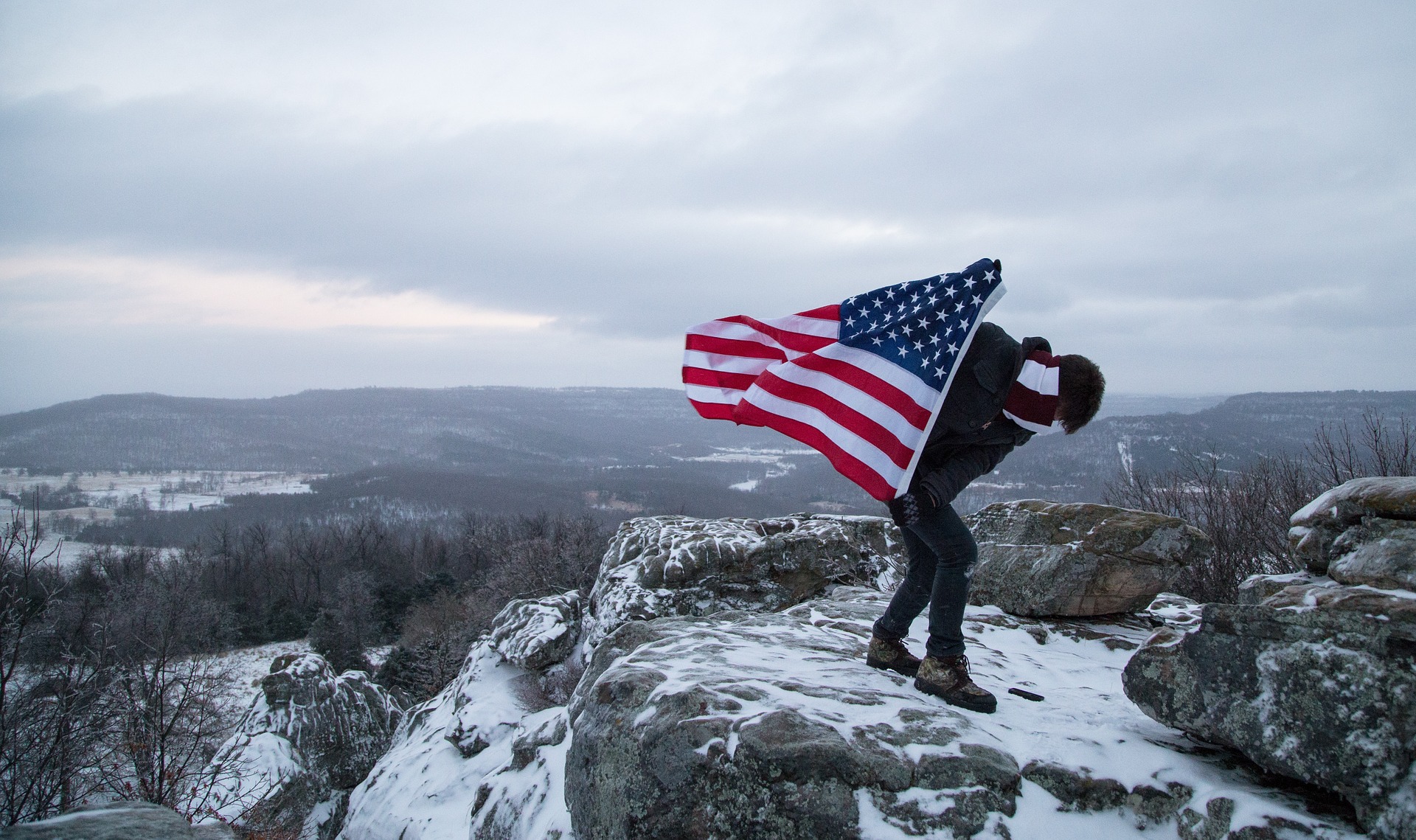HONOLULU — The Department of Interior announced a first-of-its-kind policy last week that requires formal consultation with Native Hawaiians on federal decision-making to “affirm and honor the special political and trust relationship between the United States and the Native Hawaiian Community.”
That news has some Native Hawaiian advocates feeling “hopeful” about a step toward reconciliation after upsetting actions by the U.S., including the 1893 overthrow of the Hawaiian monarchy and the reverberations that are still being felt many decades later.
Mahealani Cypher, a Native Hawaiian educator and advocate from Oahu, said she sees the policy as another attempt to try to find a good path forward with Native Hawaiians.
She added, “Let’s put it this way, I’m ever hopeful.”
She hopes the engagement with the DOI will “restore some justice with how the Hawaiian people were treated, how the Hawaiian nation was treated” and what the government can “do to be pono (right) with us.”
Longtime Native Hawaiian politician Esther Kia‘āina was “excited” to learn the federal government will take this step in acknowledging the importance of Native Hawaiian voices and knowledge. She said they’re “opening themselves up to a dialogue.”
VALLEY OF THE KINGS:Waipio Valley protestors block access to sacred Hawaiian land after partial reopening
“The Interior Department is committed to working with the Native Hawaiian Community on a government-to-sovereign basis to address concerns related to self-governance, Native Hawaiian trust resources, and other Native Hawaiian rights,” Secretary Deb Haaland said in a news release announcing the policy. “A new and unprecedented consultation policy will help support Native Hawaiian sovereignty and self-determination as we continue to uphold the right of the Native Hawaiian Community to self-government.”
The DOI posted two draft chapters for the procedures and processes for government-to-sovereign consultation between the groups, such as producing an annual report of consultation efforts and requiring the agency’s secretary to meet with Native Hawaiian community members biannually. Native Hawaiian-focused organizations will also be heavily included in the process.
Issues up for consultation would affect the Native Hawaiian community, such as cultural resources, like sacred land.
The civic engagement plan is a “window of opportunity” for good, like using more Indigenous knowledge to better steward the environment or having more internship or fellowship opportunities for Native Hawaiians, Kia‘āina said.
On Nov. 5 and Dec. 10, the DOI will be hosting two virtual meetings for the Native Hawaiian community.
The policy is part of the DOI’s Executive Order 13175, issued by President Bill Clinton in 2000, to “establish regular and meaningful consultation and collaboration with tribal officials” when it comes to developing federal policies and strengthening government-to-government relationships.
It’s also in the “spirit” of President Joe Biden’s 2021 “Memorandum on Tribal Consultation and Strengthening Nation-to-Nation Relationships,” meant to recognize and American Indian and Alaska Native Tribal Nations as sovereign governments and strengthen their relationships.
LISTEN UP, TOURISTS:Listen up, tourists: Hawaii locals share what they wish visitors would stop doing
BALANCING ACT:To manage overcrowding, are reservation systems the future of tourism in Hawaii?
For the focus to now be shifted to Native Hawaiians, Kia‘āina, a member of the Honolulu City Council, said she feels “more optimistic than in the past” about the relationship between Native Hawaiians and the federal government.
Kia‘āina said the relationship between the islands and the DOI “derives from the overthrow” in 1893, when a group of non-Hawaiians stormed Iolani Palace to depose Queen Liliuokalani and abolish the Hawaiian monarchy.
Unaddressed injustices from what many see as the U.S. occupation of Hawaii have been a source of contention, such as the military using the island of Kahoolawe as a bombing range, the disproportionate number of Native Hawaiians in prison and jail and currently, contaminated drinking water caused by the Navy.
In 2003, Clinton apologized on behalf of the U.S. for the overthrow. In 2016, under President Barack Obama, the DOI said it was starting the process for a government-to-government relationship with Native Hawaiians. Kia‘āina called the new policy “the next step” in reconciliation.
“I can now see that they realize the relationship is at the level where everything may not be perfect, but what is the harm in consulting?” she said.
The consultation policy, however, doesn’t mean the dialogue around the deoccupation of Hawaii goes away: When it comes to the reconciliation process with Native issues, the “complexities are very often forever,” Kia‘āina said.
In 2014, the DOI held public meetings in Hawaii as part of a “listening tour” on how to move forward with a government-to-government relationship between Hawaii and the U.S. People took the stand to share emotional testimonies, detailing how they identify as Hawaiian, not American, and are “against this process” when it comes to self-determination. Many told the officials to “go home.”
Those meetings were “rough but necessary,” Kia‘āina said.
“They felt like they never would have gotten how Native Hawaiians feel if they never had that kind of dialogue,” she said, saying it was a critical moment for the “healing process” for Hawaiians. “There’s still a lot to learn.”

